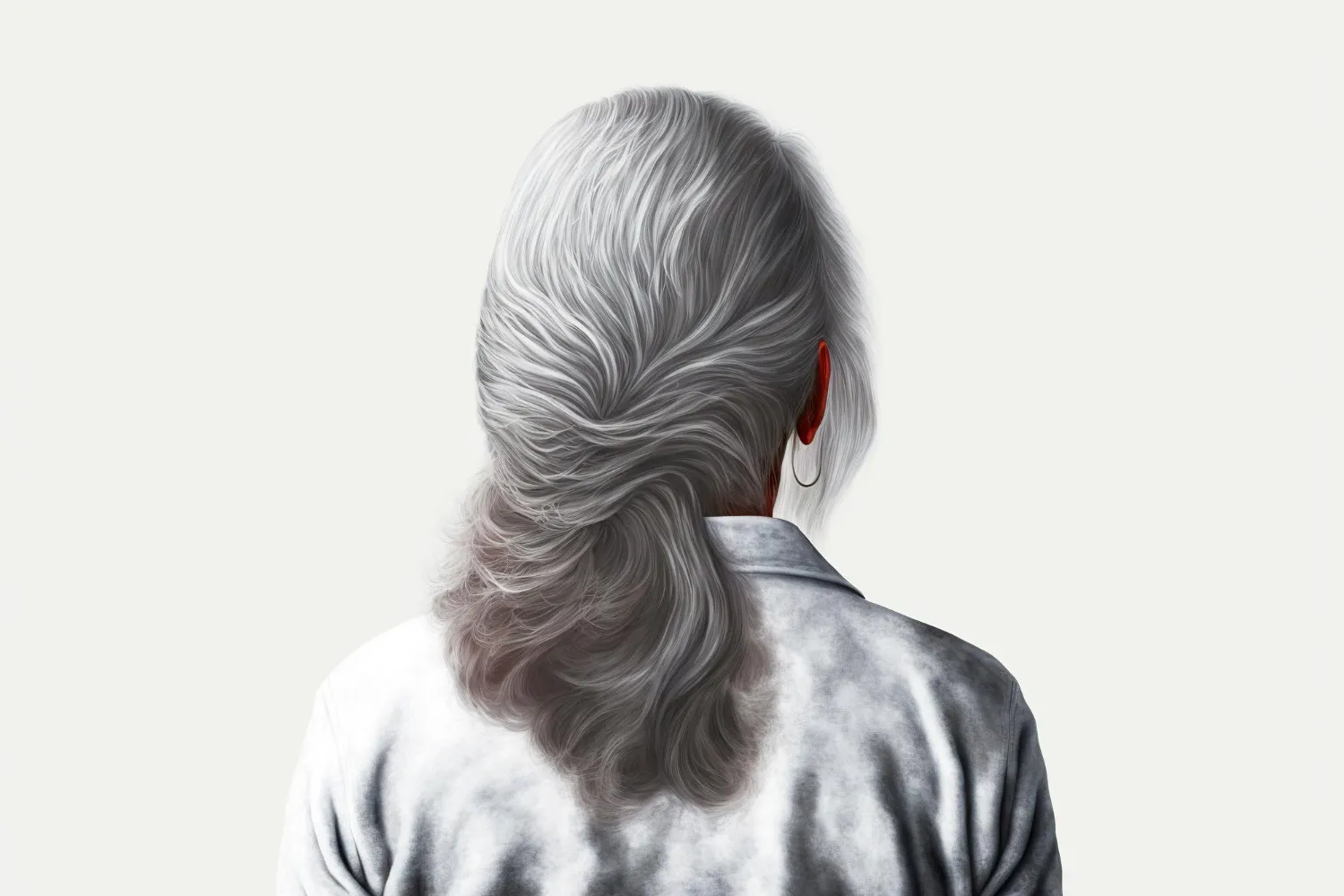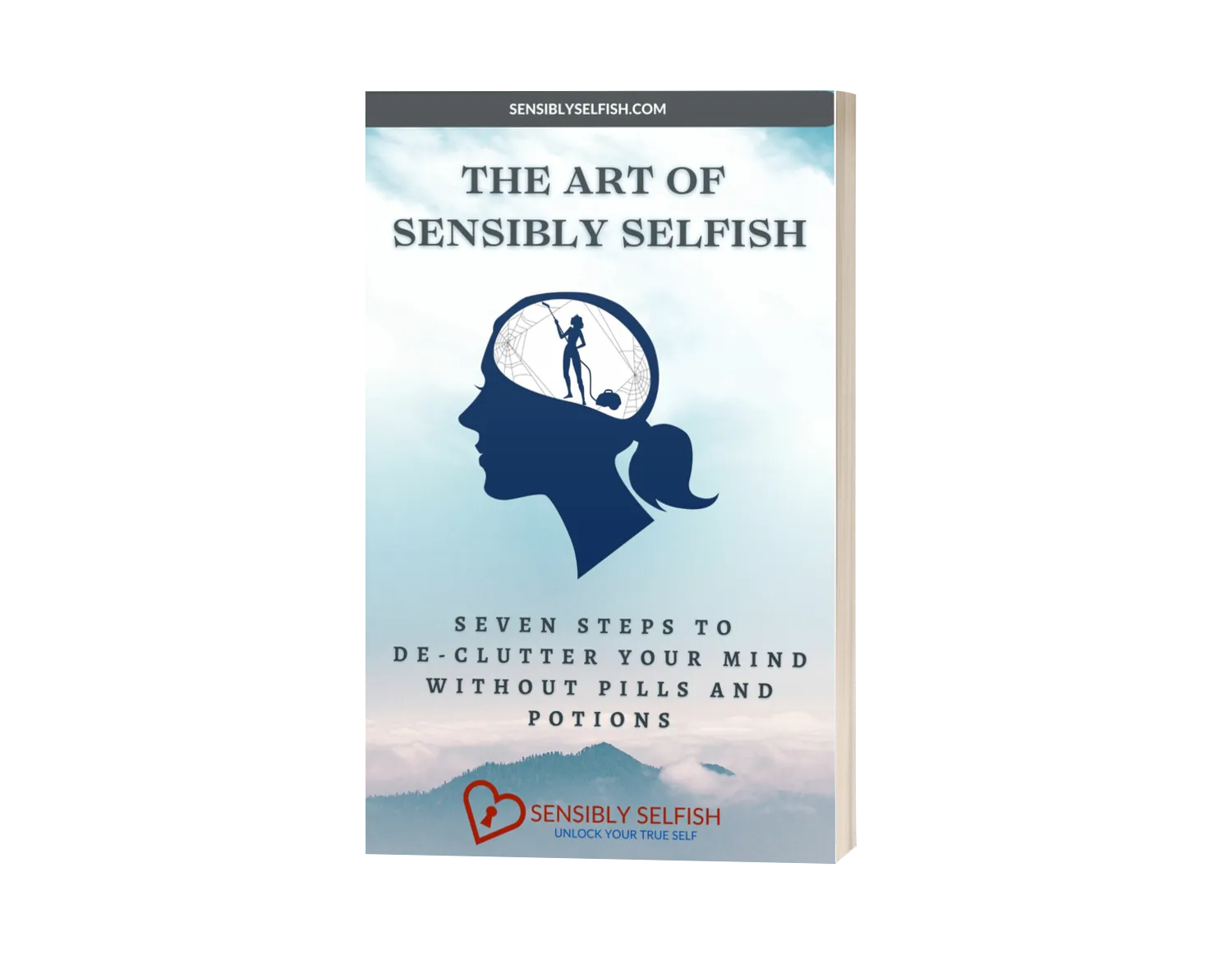Managing Mood Swings
Causes, Coping, and Care

[Toc]
The Emotional Landscape of Midlife
Are you familiar with those sudden shifts in emotions that seem to have a life of their own? Have you ever wondered why mood swings become a more common companion as you journey through your mid-40s and beyond? How would your life change if you could better understand and manage these emotional fluctuations, leading to a more balanced and empowered you?
Welcome to an exploration of a topic that resonates with countless women—mood swings during this transformative phase of midlife. As we delve into the intricacies of what causes these emotional ebbs and flows, we'll uncover the profound significance of addressing them for your overall well-being. Join us as we unravel the science behind the mood roller coaster, uncover effective coping strategies, and celebrate the stories of those who've triumphed over these challenges.
Get ready to discover insights that can transform your perspective on mood swings and empower you to take charge of your emotional journey.
Understanding Mood Swings in Women 45+
Mood swings can be perplexing, particularly during the transitional phase of perimenopause and menopause. These fluctuations often stem from hormonal changes as estrogen and progesterone levels decline. These hormones play crucial roles in mood regulation, so their imbalance can lead to emotional ups and downs. Moreover, the psychological toll of facing aging, adjusting to an "empty nest," and navigating career shifts can exacerbate mood swings. These changes can spark feelings of uncertainty, loss, or even excitement for new possibilities, all of which contribute to emotional roller coasters.
"My mood swings should be sponsored by a trampoline company. Up, down, and all around!" - Anonymous

Causes of Mood Swings
Hormonal changes are the chief culprits behind mood swings. Fluctuating estrogen levels impact serotonin, a neurotransmitter influencing mood. Sleep disturbances also become more prevalent with age, worsening mood issues. Life transitions during this stage can trigger stress and anxiety, impacting emotional stability. Managing stress becomes crucial, as resilience diminishes with age, amplifying the impact of life's challenges.
Mental Strategies for Coping
Practicing mindfulness and meditation empowers women to stay present and detached from negative emotions. Cognitive Behavioral Therapy (CBT) offers valuable techniques to reframe negative thoughts, fostering a more optimistic outlook. Journaling acts as an emotional outlet, allowing women to process feelings and identify patterns. Engaging in creative expression can further nurture mental well-being.
“Mood swings? Nah, I prefer to call them 'emotional cardio'—keeps the heart pumping with surprises!” - Unknown

Physical Approaches for Coping
Mood swings have the potential to affect physical health, including impacts on heart health, immune system function, and overall longevity. The interconnectedness of mental and physical well-being means that you cannot ignore one or the other.
Regular exercise isn't just about physical fitness; it's a potent mood booster. Physical activity releases endorphins, the brain's natural "feel-good" chemicals. A balanced diet rich in nutrients supports brain health and mood stability. Prioritizing sleep hygiene—maintaining consistent sleep patterns and creating a comfortable sleep environment—helps combat sleep disturbances that intensify mood swings.
The Power of Communication
Openly discussing mood swings destigmatizes the topic, allowing women to seek understanding and support. Conversations with family, friends, and partners build a solid support system. Encouraging healthy communication in relationships fosters empathy and collaboration in navigating mood swings.

Case Study: Yvonne's Hormonal Hell
Meet Yvonne, a 47-year-old juggling the challenges of perimenopause, raising hormonal teenage boys, and supporting her husband as he navigates andropause. Yvonne's life seems like a hormonal minefield, yet she's found effective ways to manage her mood swings and maintain her sanity.
Yvonne's situation could easily be overwhelming, with multiple hormonal shifts happening simultaneously in her household. However, she's chosen a unique coping mechanism: humor. Yvonne has discovered that laughter is an excellent antidote to stress. When faced with emotional roller coasters, she defuses the tension by finding humor in the chaos. Sharing relatable anecdotes about the ups and downs of hormones not only lightens the atmosphere but also fosters bonding among family members.
When humor isn't enough, Yvonne practices a simple yet effective technique—deep breathing combined with counting to 10. This mini-break allows her to pause, gain perspective, and respond thoughtfully rather than react impulsively.
Among all her strategies, Yvonne's favorite is spending time in nature. Each morning, she makes it a point to step outside and immerse herself in the calming embrace of the natural world. This routine provides a moment of solitude and reflection, allowing her to start the day on a positive note. The connection with nature has been shown to reduce stress and anxiety, making it an essential tool in Yvonne's arsenal against mood swings.
Yvonne's journey teaches us that managing mood swings requires creativity and adaptability. Her combination of humor, deep breathing, and a daily nature ritual highlights the importance of creating personalized coping strategies. Yvonne's ability to find the silver lining in her hormonal challenges exemplifies the power of a proactive and positive approach to emotional well-being.
[CTA]
Lifestyle Adjustments
Managing stress is key; deep breathing exercises, engaging in hobbies, and effective time management can significantly reduce stress levels. Maintaining social connections combats feelings of loneliness and fosters emotional well-being. Establishing self-care routines—whether through relaxing baths, reading, or pursuing passions—nurtures emotional resilience.
"My mood swings are like weather forecasts: unpredictable, dramatic, and sometimes leading to unexpected storms!" - Author Unknown
Seeking Professional Help
Women experiencing severe mood swings should consider consulting healthcare professionals. Hormone therapy can alleviate symptoms for those struggling with hormonal imbalances. Therapists and counselors trained in addressing women's mental health concerns can offer tailored support. Support groups provide a sense of community, normalizing experiences and reducing feelings of isolation.

Embracing Balance and Empowerment
In the ever-changing landscape of life, mood swings are a natural response to the various challenges that women aged 45 and above. Mood swings may continue even after menopause due to ongoing hormonal adjustments so be prepared! From hormonal fluctuations to life transitions, these emotional roller coasters are a testament to the complex journey of womanhood.
As we've explored, understanding the causes of mood swings and implementing effective coping strategies is crucial. Whether it's practicing mindfulness, engaging in physical activities, seeking professional guidance, or adopting Yvonne's humor-filled approach, there's no one-size-fits-all solution. Each woman's journey is unique, and finding the right tools that resonate is essential.
So, dear readers, as you navigate this stage of life, consider this: What personalized approach will empower you to manage mood swings and embrace emotional well-being? How can you foster open communication about this topic with loved ones and within your community? Remember, you hold the key to your emotional balance, and with the right strategies, you can thrive through life's fluctuations.
Share your thoughts and insights in the comments below, and let's continue this conversation on empowering women to navigate mood swings with grace and resilience.









